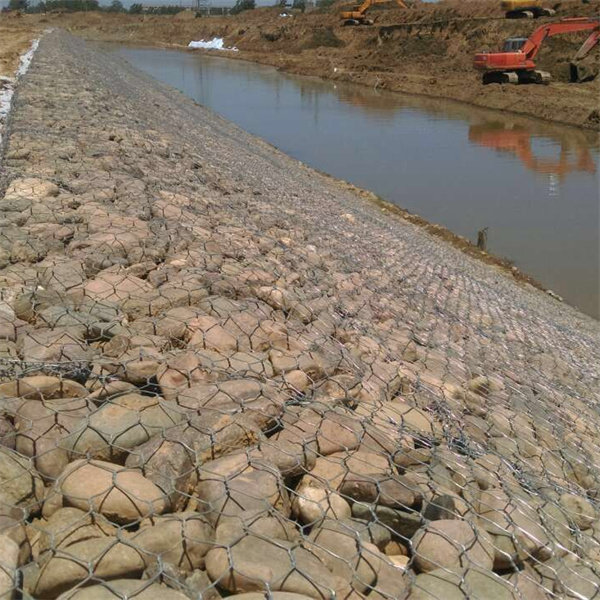nov . 02, 2024 16:25 Back to list
best gabion stone size
Best Gabion Stone Size A Comprehensive Guide
Gabions, which are wire mesh containers filled with stones, have become increasingly popular in civil engineering and landscaping projects. They provide structural support, erosion control, and aesthetic appeal. One of the most critical factors in constructing effective gabions is selecting the appropriate stone size. This article explores the best gabion stone sizes and their implications for various applications.
Understanding Gabions and Their Uses
Gabions can be used for retaining walls, river bank stabilization, noise barriers, and decorative features in gardens. Their porous nature allows for natural drainage, reducing hydrostatic pressure behind walls. However, to ensure that gabions perform optimally, choosing the right stone size is paramount.
Factors Influencing Stone Size Selection
1. Purpose of the Gabion The intended use of the gabion often dictates the stone size. For structural applications like retaining walls, larger stones (typically 4 to 8 inches) are preferred for their weight and stability. Conversely, smaller stones (2 to 4 inches) are suitable for decorative purposes or erosion control, as they provide better interlocking and allow for finer grading and aesthetics.
2. Wire Mesh Size The size of the mesh used in the gabion baskets also affects stone size selection. Common mesh sizes range from 3 to 6 inches. The stones must be slightly larger than the mesh openings to prevent them from falling through while still allowing for some interlocking. For example, if using a 4-inch mesh, stones of 4 to 6 inches in size are recommended.
best gabion stone size

3. Location and Environmental Factors In areas prone to heavy rainfall or high flow conditions, larger stones will provide better resistance against displacement. In contrast, in calmer settings, smaller stones may be sufficient and aesthetically pleasing.
Recommended Gabion Stone Sizes
For most applications, a mix of stone sizes can enhance stability and appearance. Here are some commonly used sizes
- 2 to 4 inches Ideal for decorative gabion walls, smaller landscaping projects, or when the gabions are used primarily for filtration. - 4 to 6 inches Suitable for moderate structural applications, offering a balance between weight and aesthetic. - 6 to 8 inches Best for high-stress applications such as riverbank stabilization or retaining walls, where strength and durability are crucial.
Conclusion
Selecting the best gabion stone size plays a vital role in the performance and longevity of the structure. Consider the purpose, mesh size, and environmental factors when making your decision. Whether you're creating a functional wall or enhancing the visual appeal of your garden, understanding stone size can significantly impact the success of your gabion project. By carefully choosing the appropriate size, you can ensure that your gabion structures are both effective and aesthetically pleasing, providing lasting benefits for years to come.
-
Wire Mesh Thickness Impact on Gabion Wall Load Bearing
NewsAug.12,2025
-
Ultimate Guide to Hexagonal Gabion Box
NewsAug.12,2025
-
Types of Rocks for Gabion Baskets Durability and Aesthetics
NewsAug.12,2025
-
Standard Gabion Box Sizes and Their Industrial Applications
NewsAug.12,2025
-
Easy Guide to Building Garden Gabion Cages at Home
NewsAug.12,2025
-
Drainage Solutions for Gabion Mesh Structures
NewsAug.12,2025
-
Visualizing Gabion 3D Integration in Urban Landscapes with Rendering
NewsJul.23,2025






